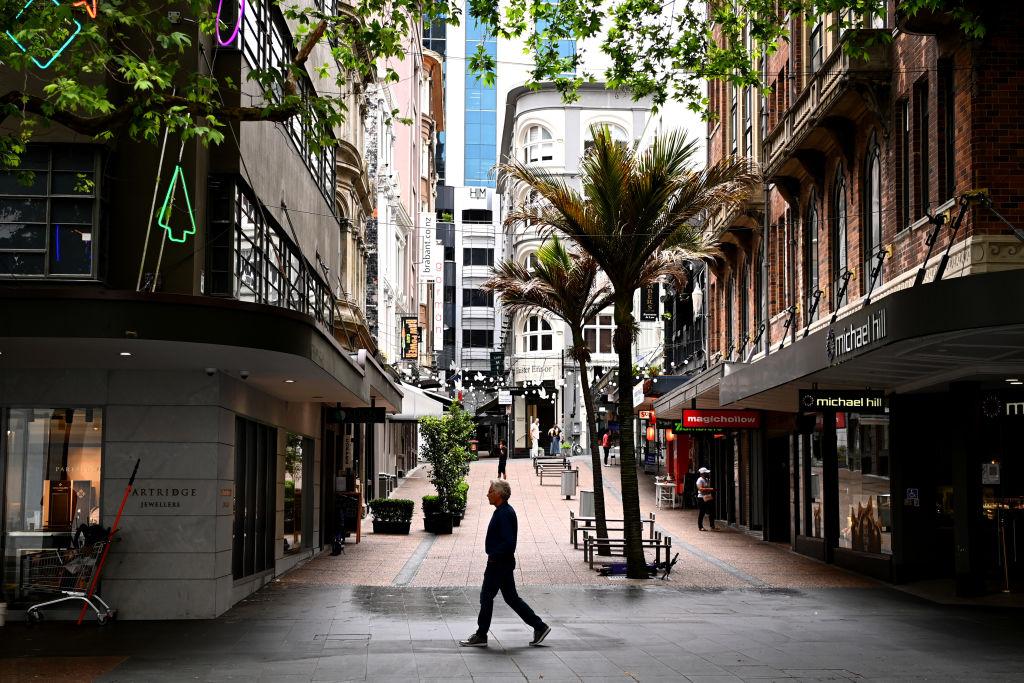New Zealand is to expand the terms of reference for the independent Royal Commission into COVID-19 Lessons Learned, as Internal Affairs Minister Brooke Van Velden announces the inquiry will enter a second phase with new commissioners.
That has prompted New Zealand First—one of three parties that make up the government, along with National and ACT—to use the “agree to disagree” clause of the coalition agreement to signal its opposition.





